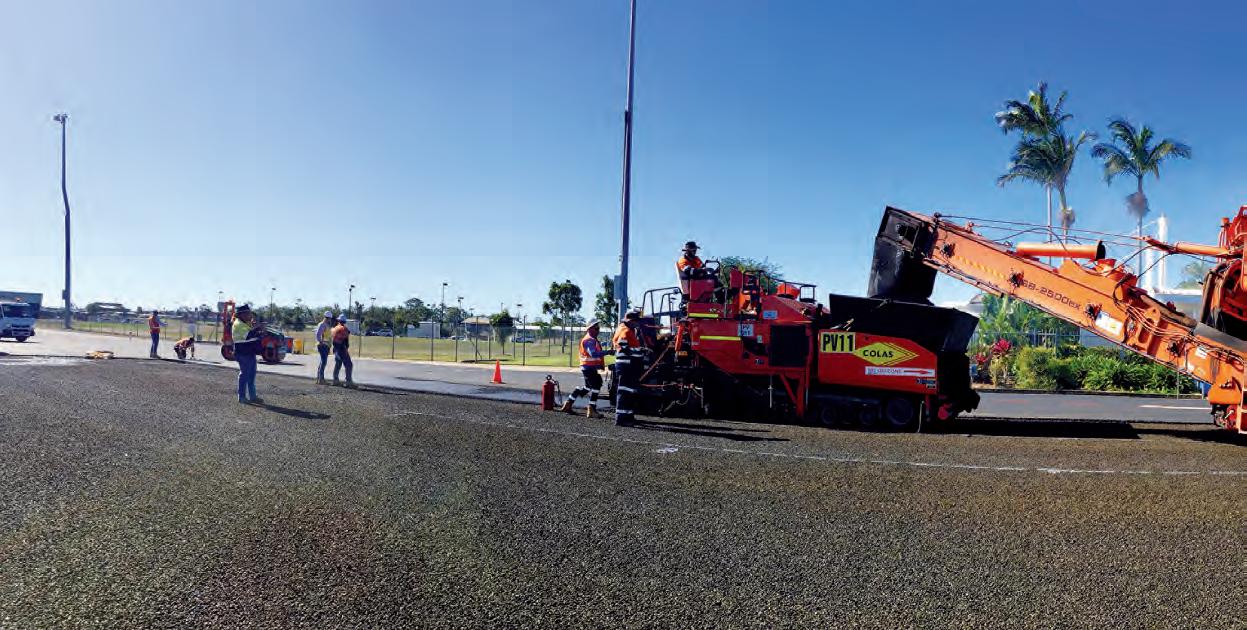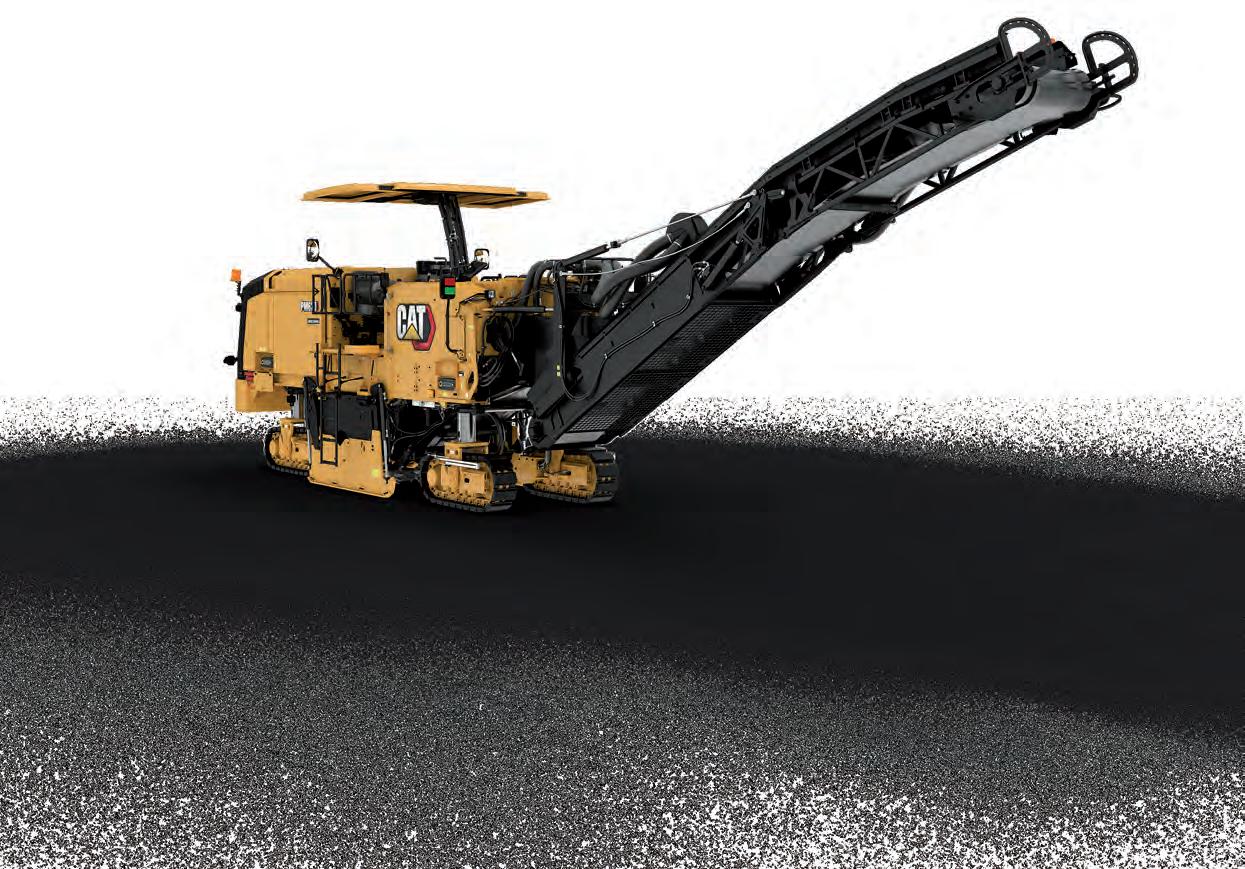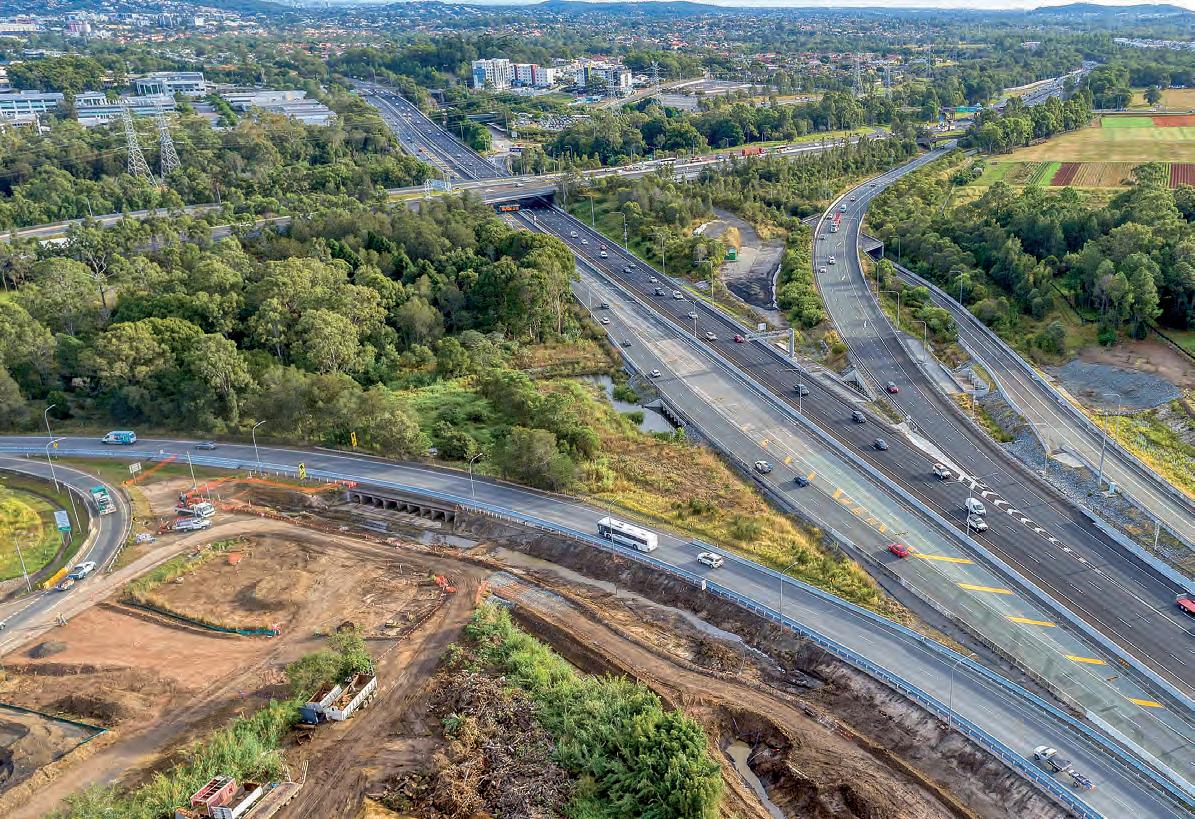RE-THINKING
RECYCLING
THE ROAD CONSTRUCTION INDUSTRY HAS LONG PLAYED ITS PART TO INVESTIGATE THE USE OF RECYCLED PRODUCTS IN PROJECTS. INFRASTRUCTURE VICTORIA’S RECOMMENDATIONS FOR A $1 BILLION OVERHAUL OF THE WASTE SECTOR IN THE STATE ARE HOPED TO PROGRESS THIS WORK FURTHER, WHILE CREATING 5000 JOBS AND INCREASING REGIONAL RECYCLING CAPABILITIES.
O
ne of the most recent trends emerging in the road construction industry is the use of recycled plastic in roads. Many trials and demonstrations have been performed across the country in the past couple of years, in attempts to determine if roads are a viable option to help reduce Australian waste plastic levels. This year the City of Melbourne is trialling an asphalt mix using 50 per cent recycled plastic and other recycled materials on five of its roads. This is hoped to allow the council to assess whether it can use more recycled materials when resurfacing roads. Energy Australia estimates more than 3.5 million tonnes of plastic were consumed in Australia in 2016-17 with less than 10 per cent recycled. 44
ROADS JULY 2020
While the viability of using recycled plastics in roads has not yet been specified by road agencies, the industry is exploring innovative options that may work to both reduce waste and enhance road quality. Plastics are not the only waste stream being given a second life in road construction, glass and rubber are also popular waste materials commonly used. Even materials as unique as printer toner and coffee granules have been used in some forms of construction. In 2019, the Victorian Government released its Sustainable Procurement Framework. This framework covered social and sustainable objectives for government projects across Victoria. It requires projects over $50 million dollars in value to include targets and contract requirements that
pursue social and sustainable procurement objectives. However, some projects face barriers around the procurement of these recycled or sustainable materials, largely due to distance or availability. This was one of the considerations taken in by Infrastructure Victoria when carrying out research into how best to advise the Victorian Government on its waste infrastructure investment. In May 2020, the organisation released a report which found Victorian Recycling required a $1 billion investment by 2039 to close the loop on waste. The advice suggested upgrading and building new processing infrastructure for six priority materials: plastics, paper, cardboard, glass, organics, tyres and e-waste. The


















